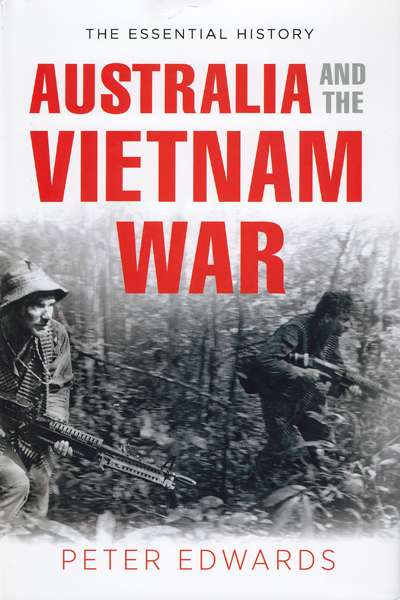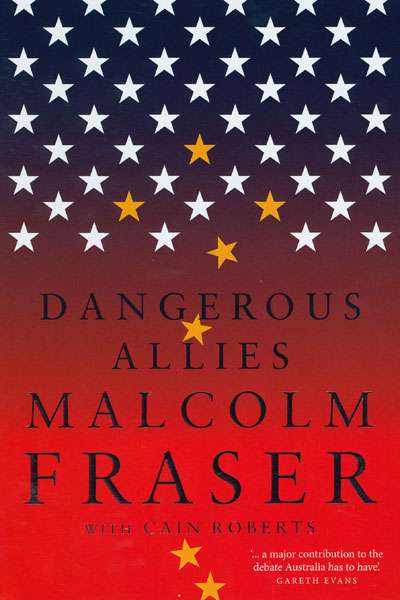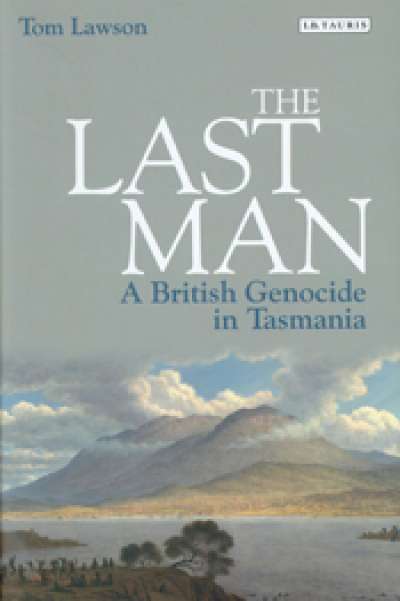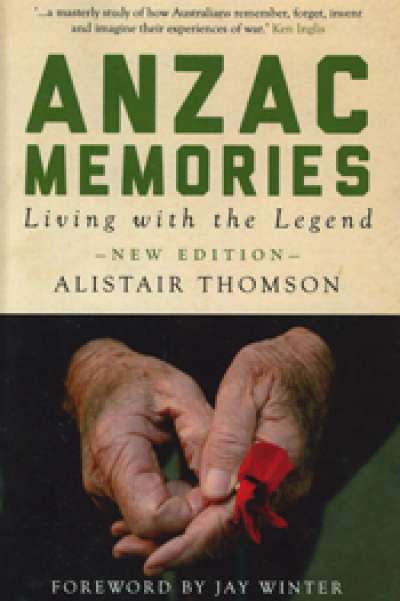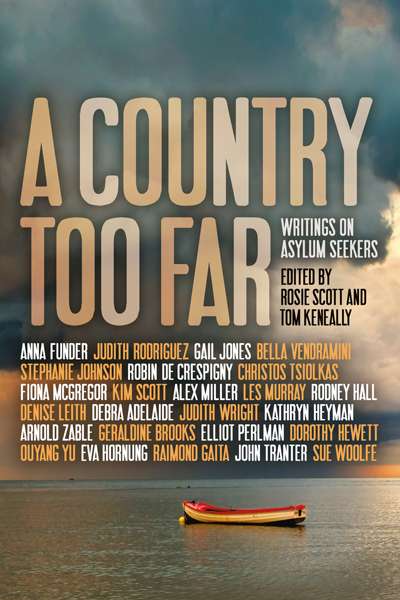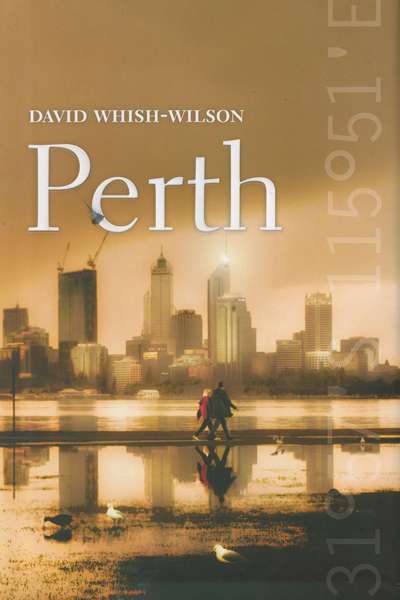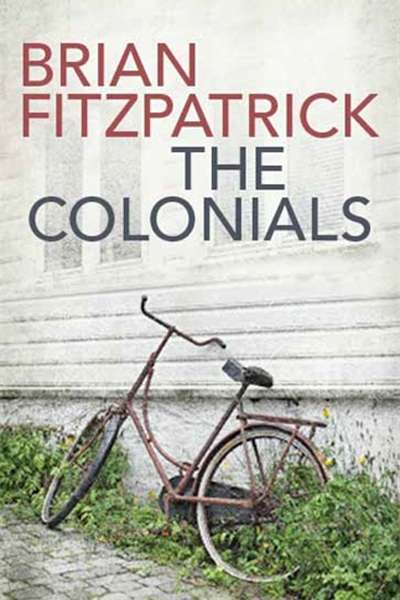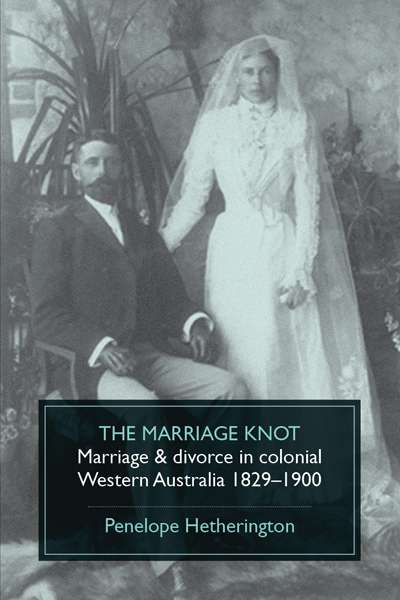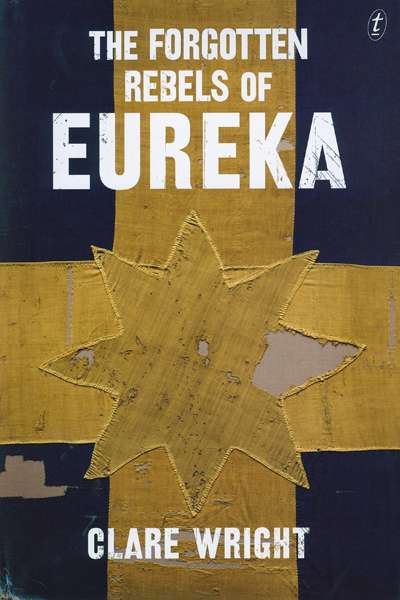Australian History
In 1966 as a young first-year cadet at the Royal Military College, I purchased Anzac to Amiens by C.E.W. Bean, which had been published twenty years earlier. Bean had been Australia’s Official Historian for World War I, and Anzac to Amiens was his masterly condensation of the twelve-volume official history of which he had been the general editor and principal author. It was to be many years before I purchased the twelve volumes or could find time and commitment to read them. In the meantime, Anzac to Amiens was my guide to the history of Australia’s involvement in the war. I still refer to it.
... (read more)Dangerous Allies by Malcolm Fraser, with Cain Roberts
Coinciding with the World War I anniversaries, Malcolm Fraser’s book will polarise Australian opinion on a fundamental issue. It has never been raised in this way, for Australian leaders have not discussed decisions to go to war in public, nor sought popular approval of Australia’s alliances. Yet successive generations of young Australians have fought in British and American wars to support our allies and to ensure that they would defend us. In Korea, Vietnam, Iraq, and Afghanistan, the enemy were people who did not threaten Australia. But, as Fraser is not the first to observe, cowed countries do as great powers demand, while in return great powers do what suits their own interests.
... (read more)In Australia, thinking ‘landscape’, ‘country’, and ‘place’ virtually interchangeable is the hallmark of a migrant society. This is obvious because of the skeleton at our feast, the contrast between Aboriginal and non-Aboriginal ways of seeing land. Both can agree that ‘there’s no place like home’, because ‘place’ here means ‘a place’, a particular place, home. But non-Aboriginal writing commonly separates ‘place’ and ‘home’ – two centuries ago because that was literally so; now often as proof that Australia is multicultural.
... (read more)Tasmania is a small place with a rich historiography. Two themes in particular have intrigued historians and novelists since the nineteenth century and have appealed to film-makers and artists in more recent times. The fate of the Aborigines and the convict system which dominated society from 1803 to 1853 ...
... (read more)Anzac Memories: Living with the legend, Second edition by Alistair Thomson
Be warned! The commemorative tsunami is on its way. As James Brown put it recently in Anzac’s Long Shadow (2014), we are now witnessing an Anzac ‘arms race’, as Australians compete to find ‘bigger and better ways to commemorate our sacrificed soldiers’. The bill to the Australian state and federal taxpayers, Brown calculates, will be nearly $325 million. With a further $300 million projected to be raised in private donations, the commemoration of World War I might ultimately cost some two-thirds of a billion dollars.
... (read more)A Country Too Far: Writings on Asylum Seekers edited by Rosie Scott and Tom Keneally
Australia is a country that will not be intimidated by its own decency. On 28 August 2001, as a detail of Special Air Services soldiers was dispatched to MV Tampa, Prime Minister John Howard spoke about the 438 people – mostly Afghan Hazaras – who languished aboard the freighter ...
... (read more)Once regarded as a provincial backwater, Perth has been transformed by the latest mineral resources boom into the nation’s fastest-growing city. The world’s most isolated capital, it is also one of the most outward-looking: a land of ‘porous boundaries’ and endless possibilities, where time and distance are illusory, and the collective gaze of its citizens has, from the first, been resolutely fixed upon the future; and yet it remains a site of ‘great contradictions’. ‘Spacious yet claustrophobic’, open but secretive, it is a place where Georgian buildings sit alongside glass towers; where nostalgia for a ‘vanished frontier’ infects the prevailing mood of optimism; and where, in winter, even the iconic Swan River flows in two directions at once, the rainwater from the Darling Scarp washing seawards above the salty incoming tide beneath. Faced with these competing views, author David Whish-Wilson goes in search of the essential Perth and finds a people and a place shaped by ancient and modern forces.
... (read more)Brian Fitzpatrick – a notable historian, intellectual, and civil libertarian – was a prominent Melbourne figure in the middle of the twentieth century. He died in 1965 and survives partly as the central figure in Sheila Fitzpatrick’s poignant memoir My Father’s Daughter (2010), an affectionate and yet painfully honest book. It describes Fitzpatrick’s difficult marriage, his awkwardness in relationships, the frustrations of his career, and, above all, his drinking. Around the time his daughter was born, Fitzpatrick published two books that made a significant mark on Australian historiography: British Imperialism and Australia, 1783–1833 (1939) and its sequel The British Empire in Australia: An Economic History 1834–1939 (1941). Sheila Fitzpatrick credits these works with an important role in prompting Manning Clark to repudiate an economic view of Australian history in favour of his grand narrative of competing philosophies.
... (read more)The Marriage Knot: Marriage and Divorce in Colonial Western Australia by Penelope Hetherington
Between European settlement in 1829 and the 1900 federal referendum, the legislation regulating matrimony in the infant Swan River colony changed eight times. Now, in this intelligent dissection of marriage and divorce laws in colonial Western Australia, historian Penelope Hetherington examines the political, religious, and social forces that effected change, redefined gender relations, and led to a gradual recognition of the rights of women.
... (read more)As the smoke cleared over the ruins of the Eureka Stockade on 5 December 1854, a male diarist observed that a woman was among those ‘mercilessly butchered’ by troopers and police. According to her descendants, Catherine Smith was another casualty, shot by soldiers and dead three weeks later. In the 1880s a female correspondent to the Ballarat Star also claimed to have been among the wounded. This woman was not one of the twenty-seven-odd civilians killed; nor was she among the unknown number who later died from their injuries. Yet still soldiers shot at her as she fled, and she was lucky to escape alive.
... (read more)

